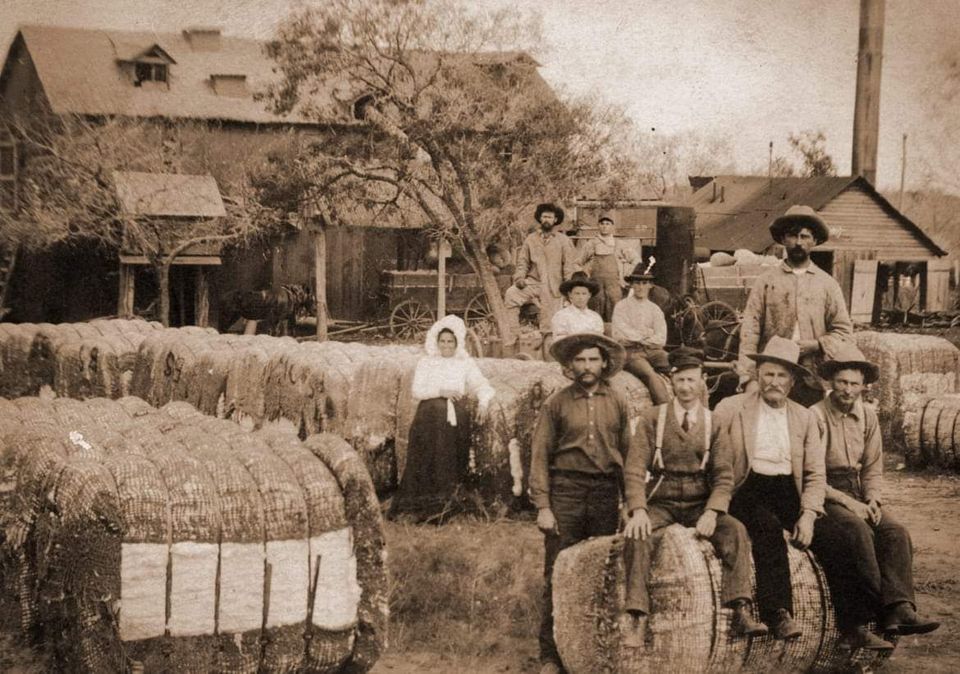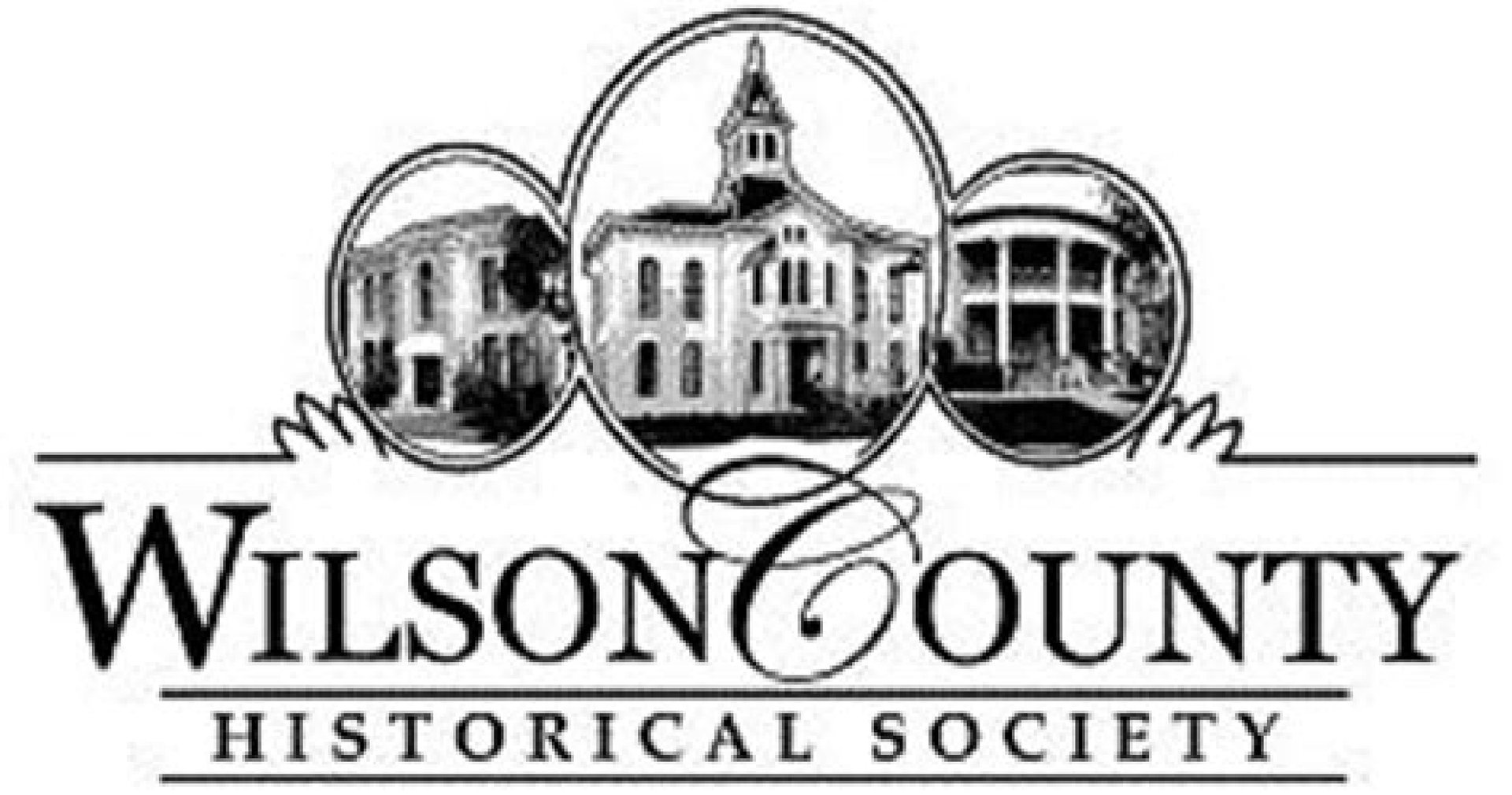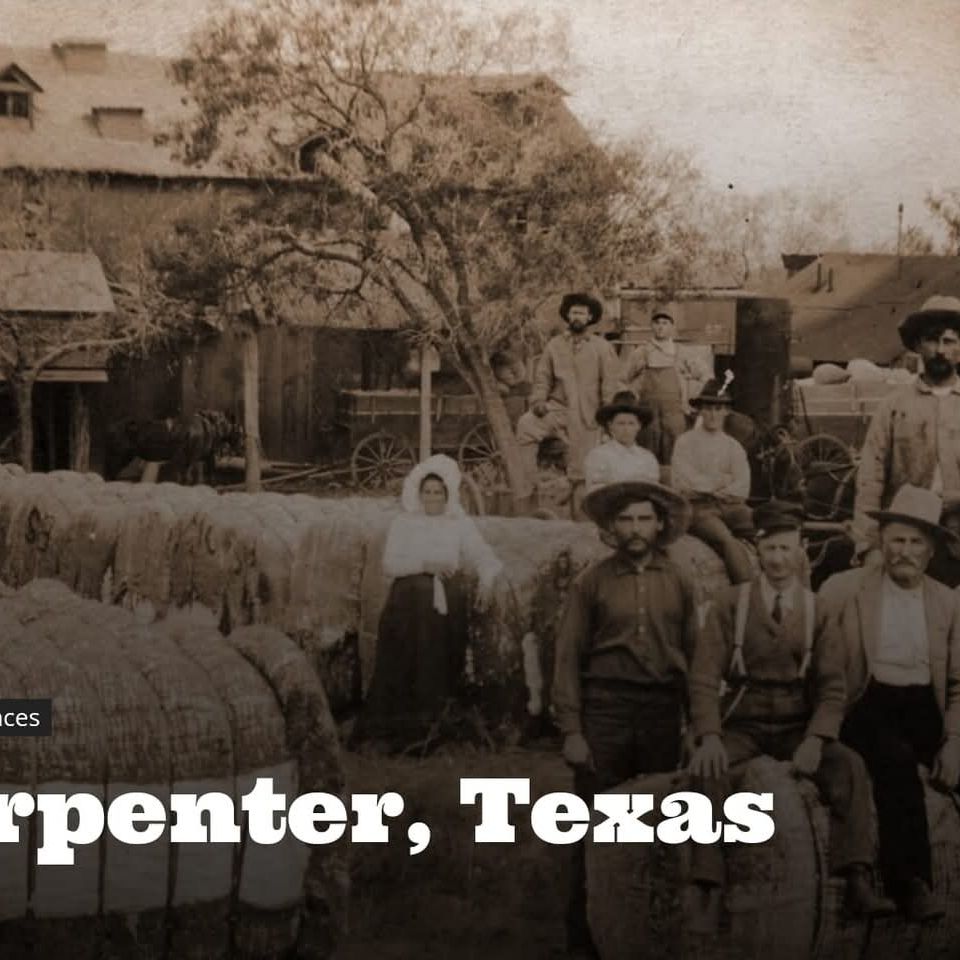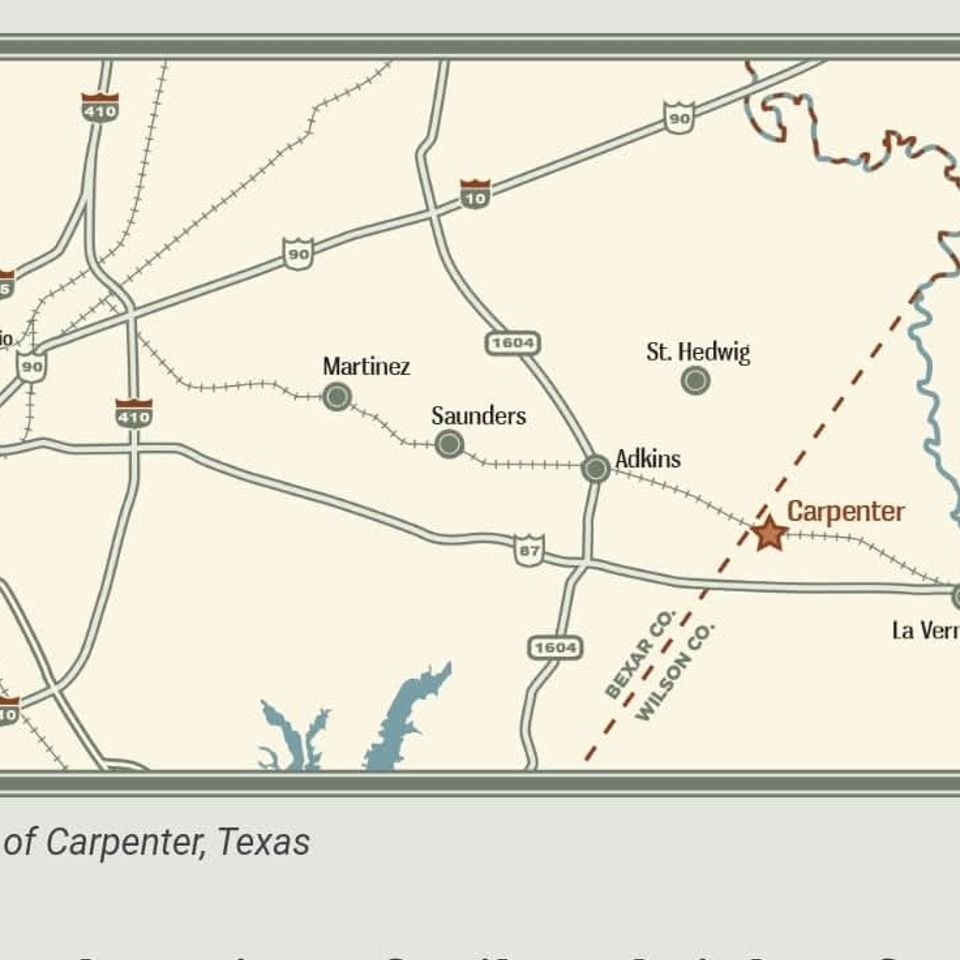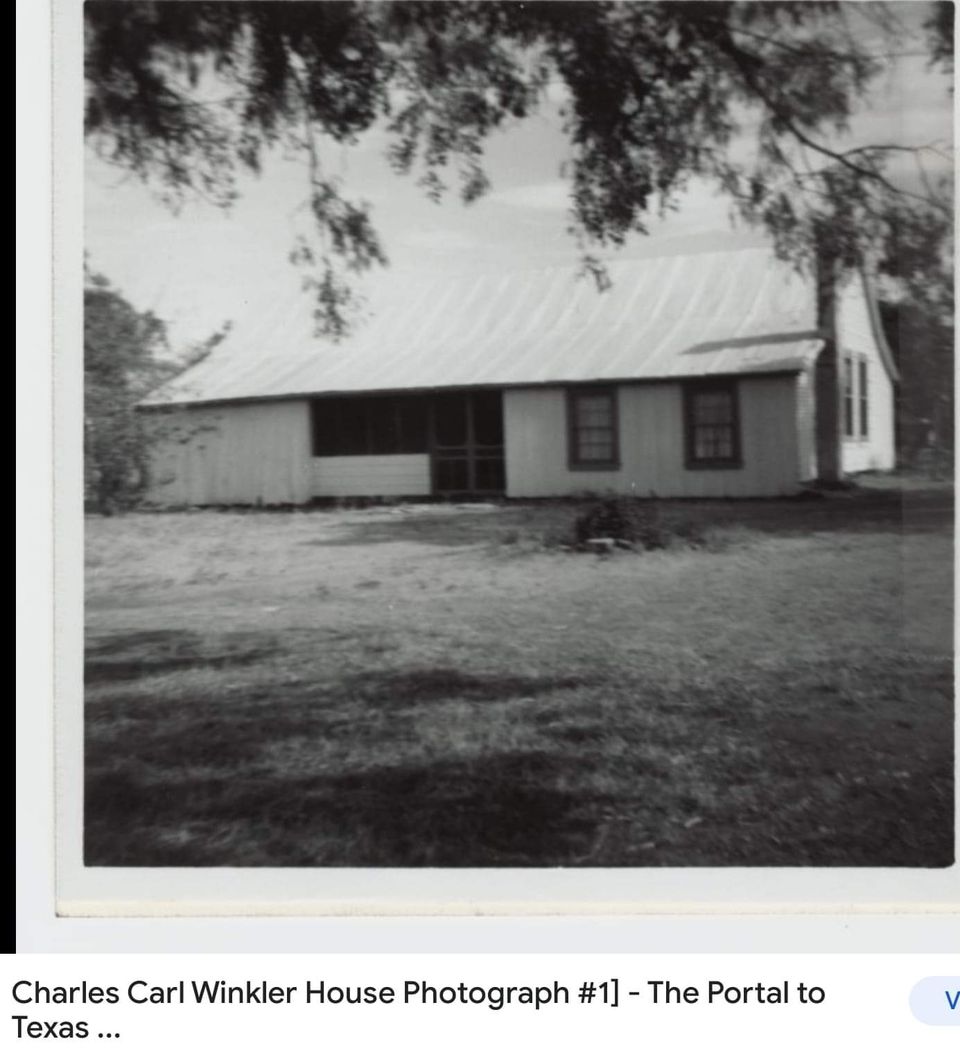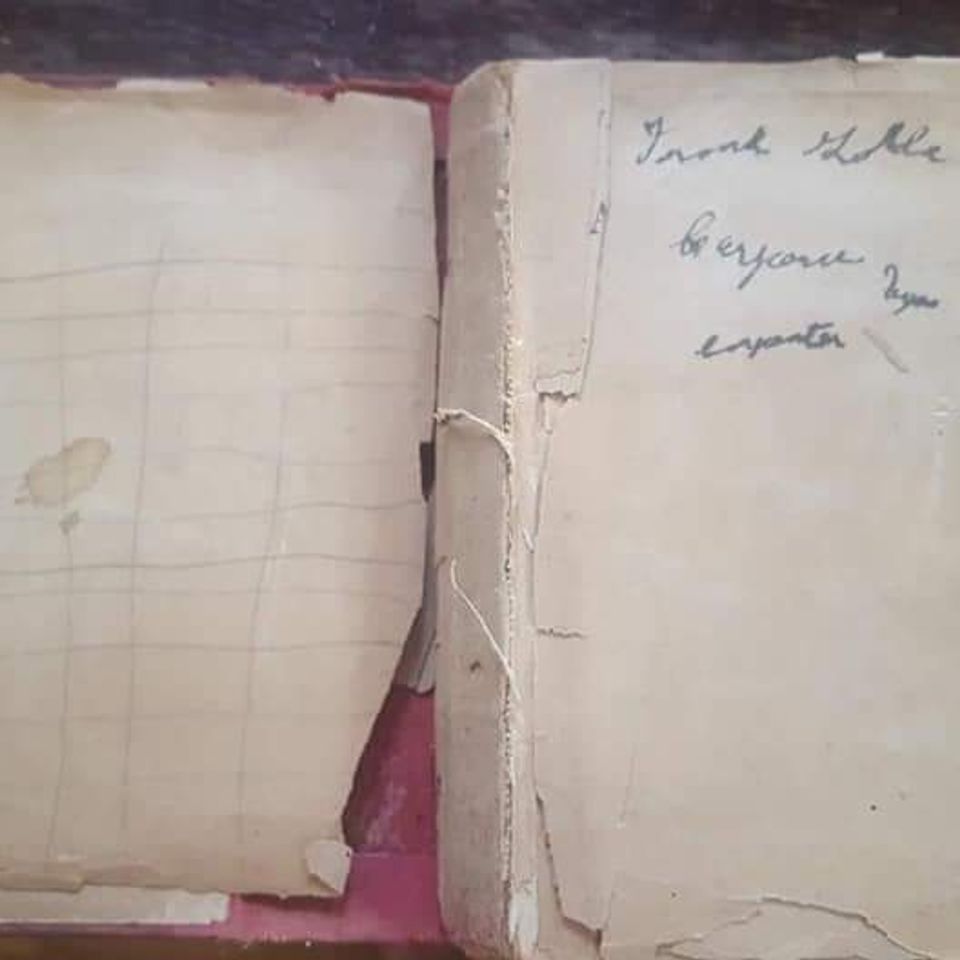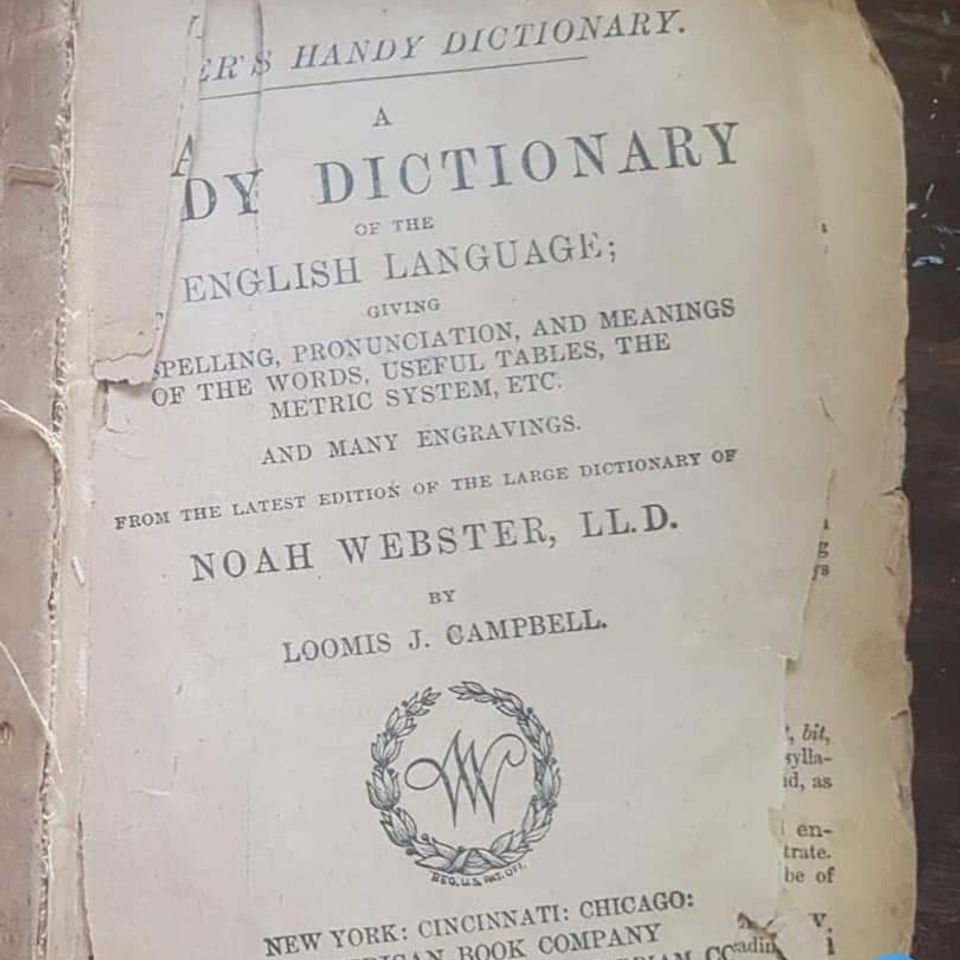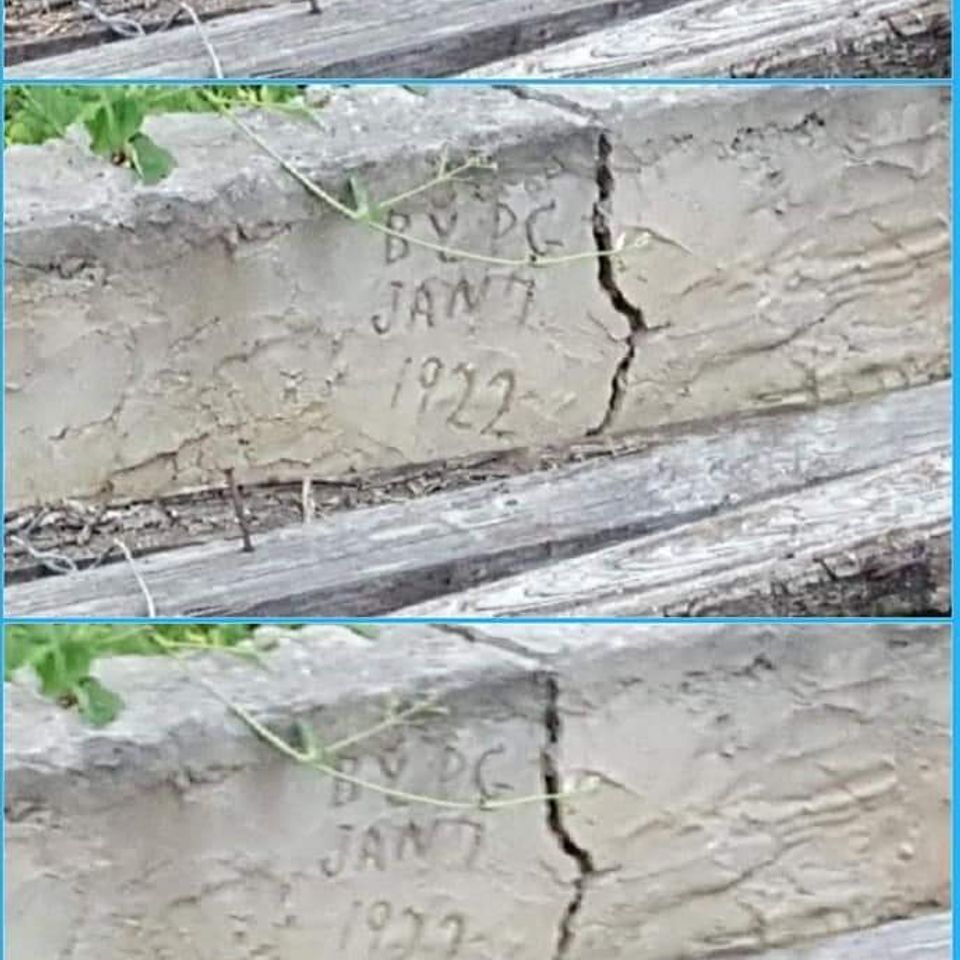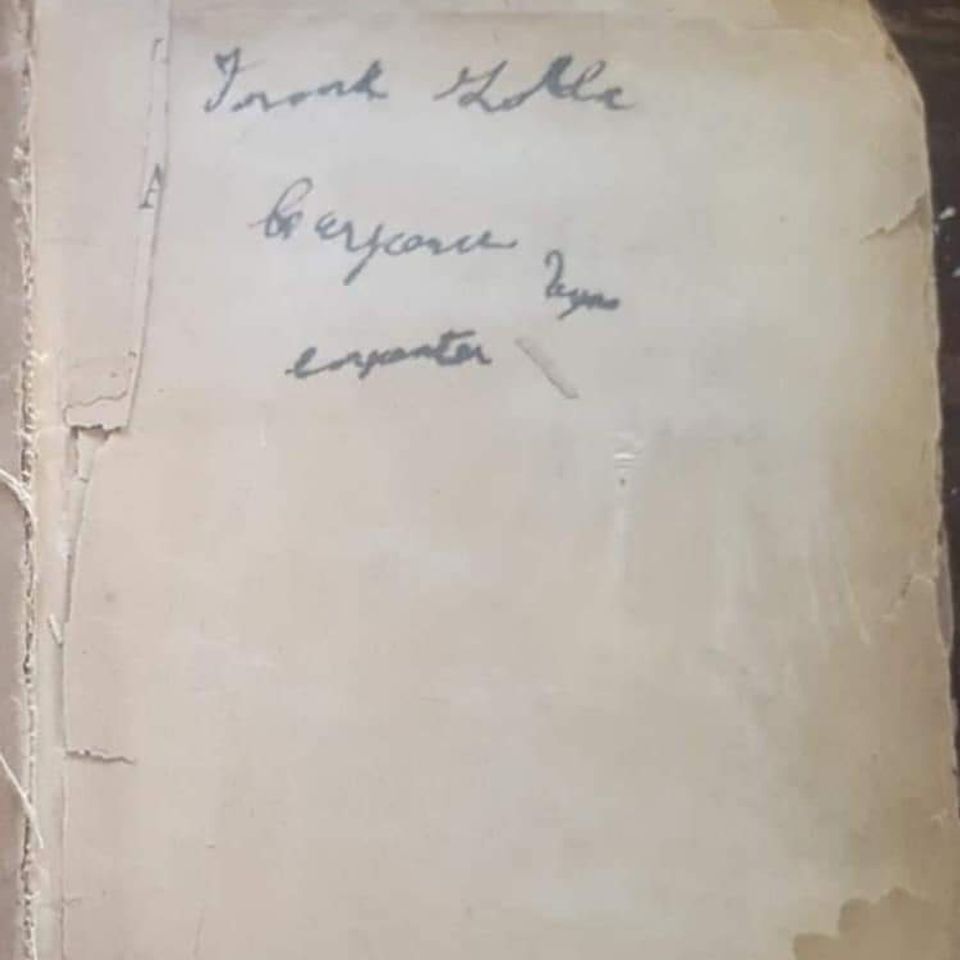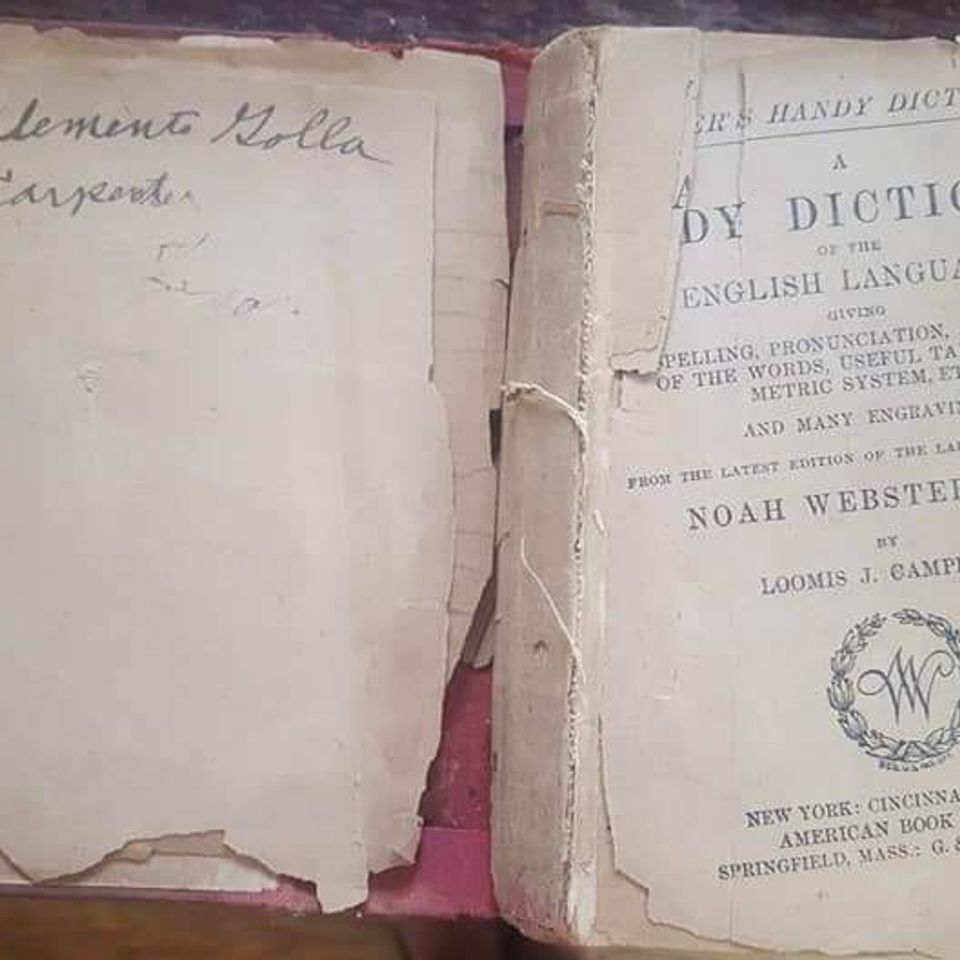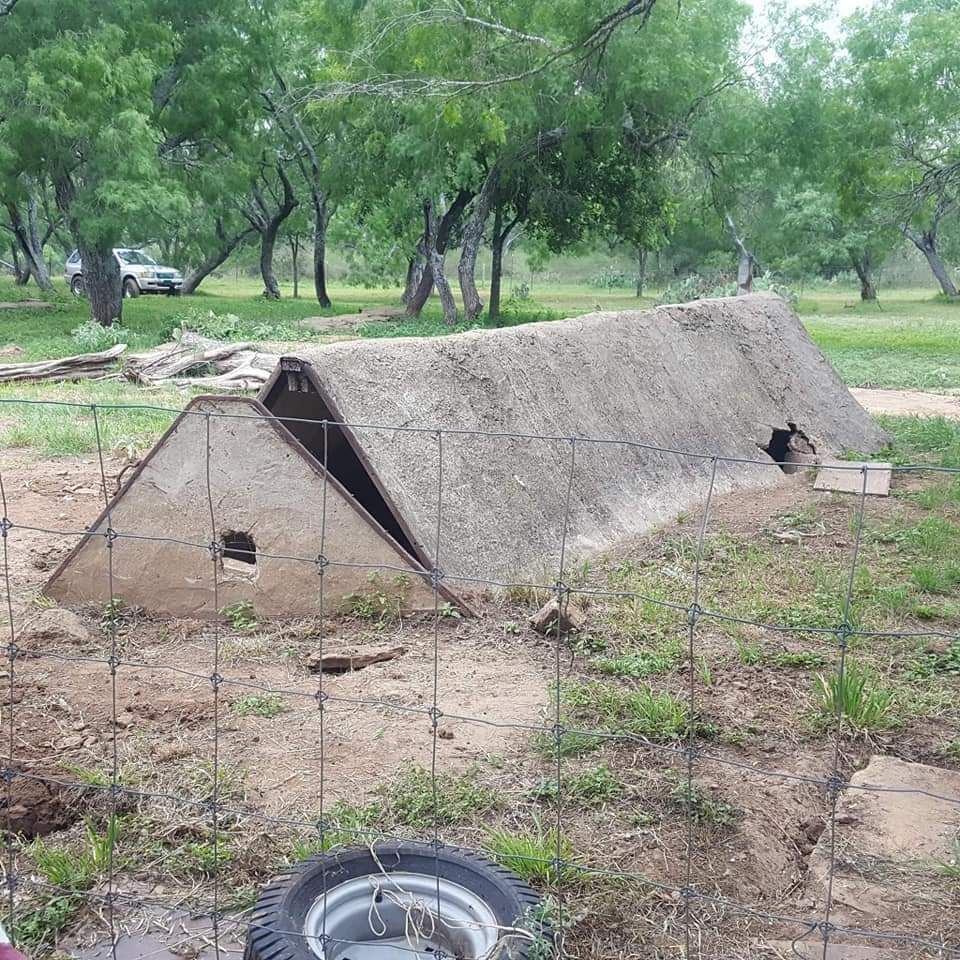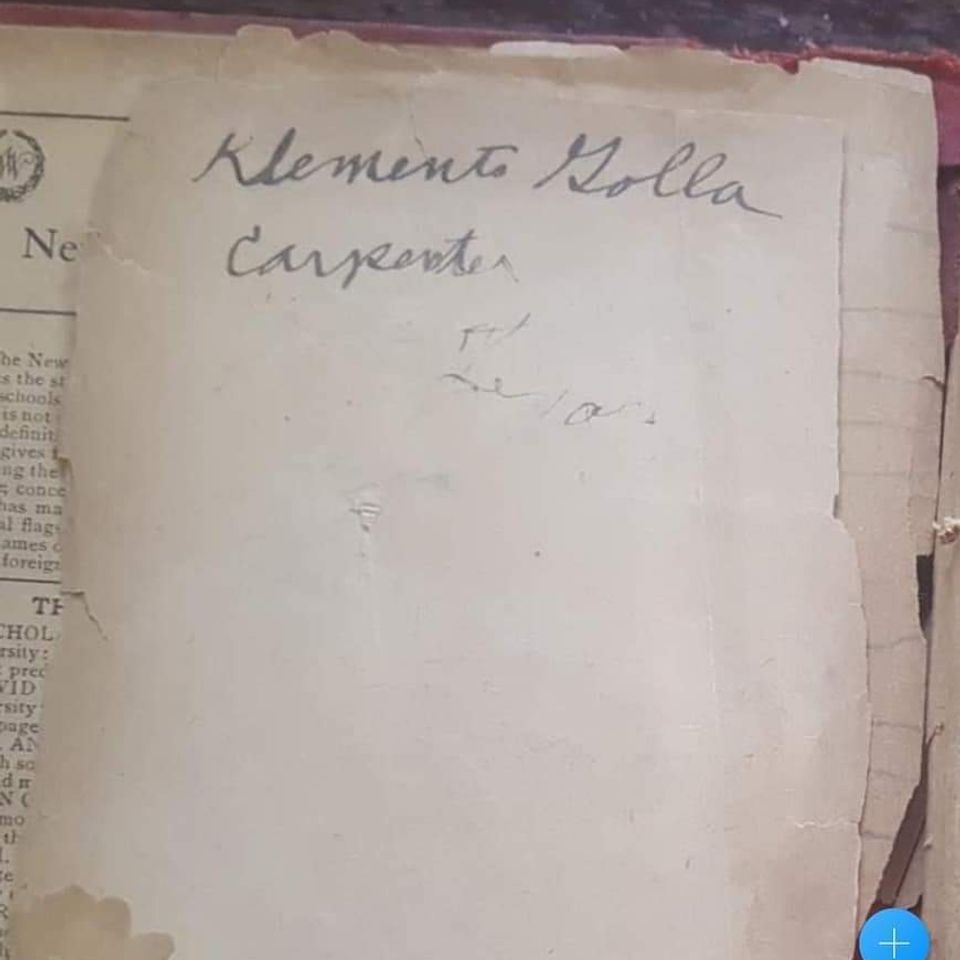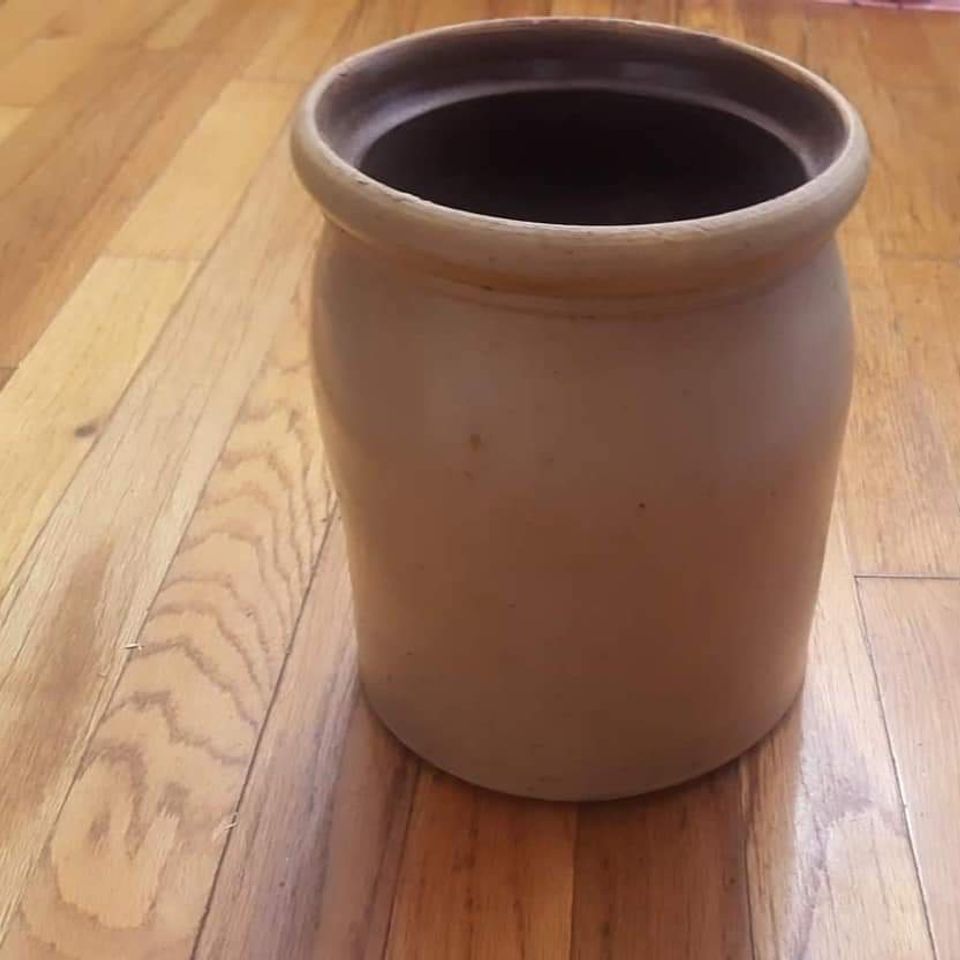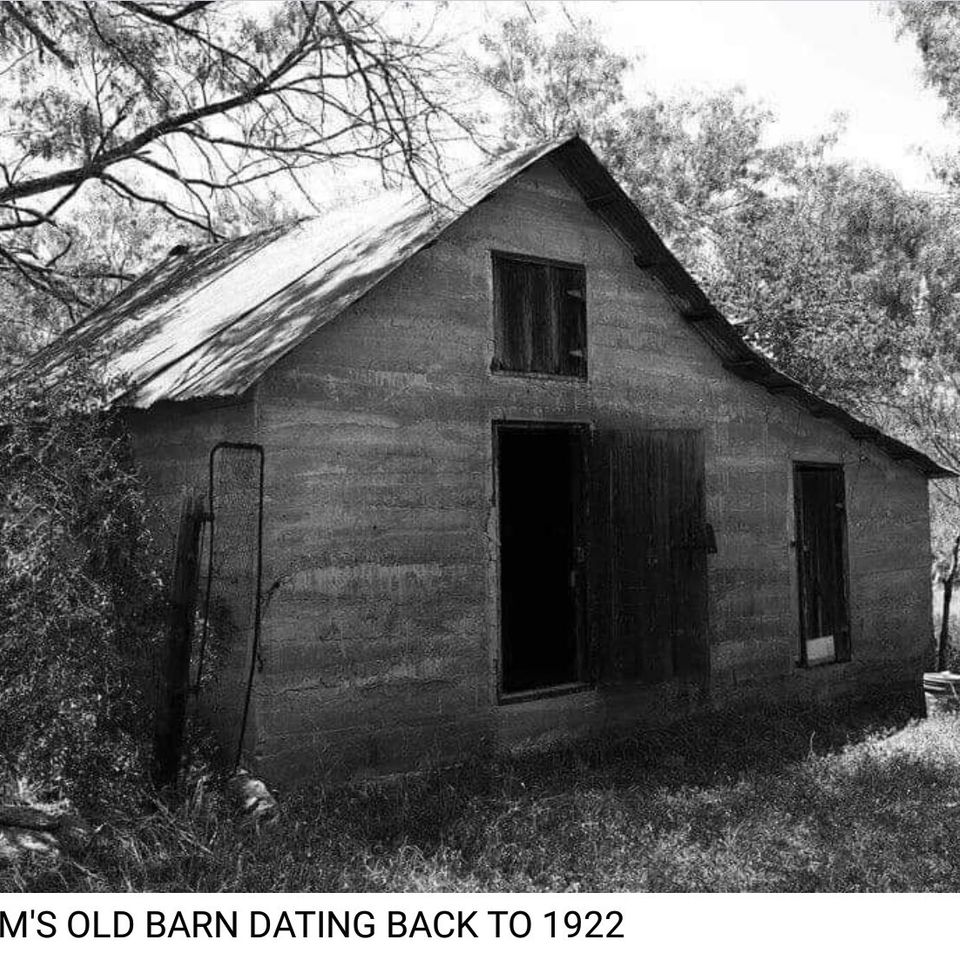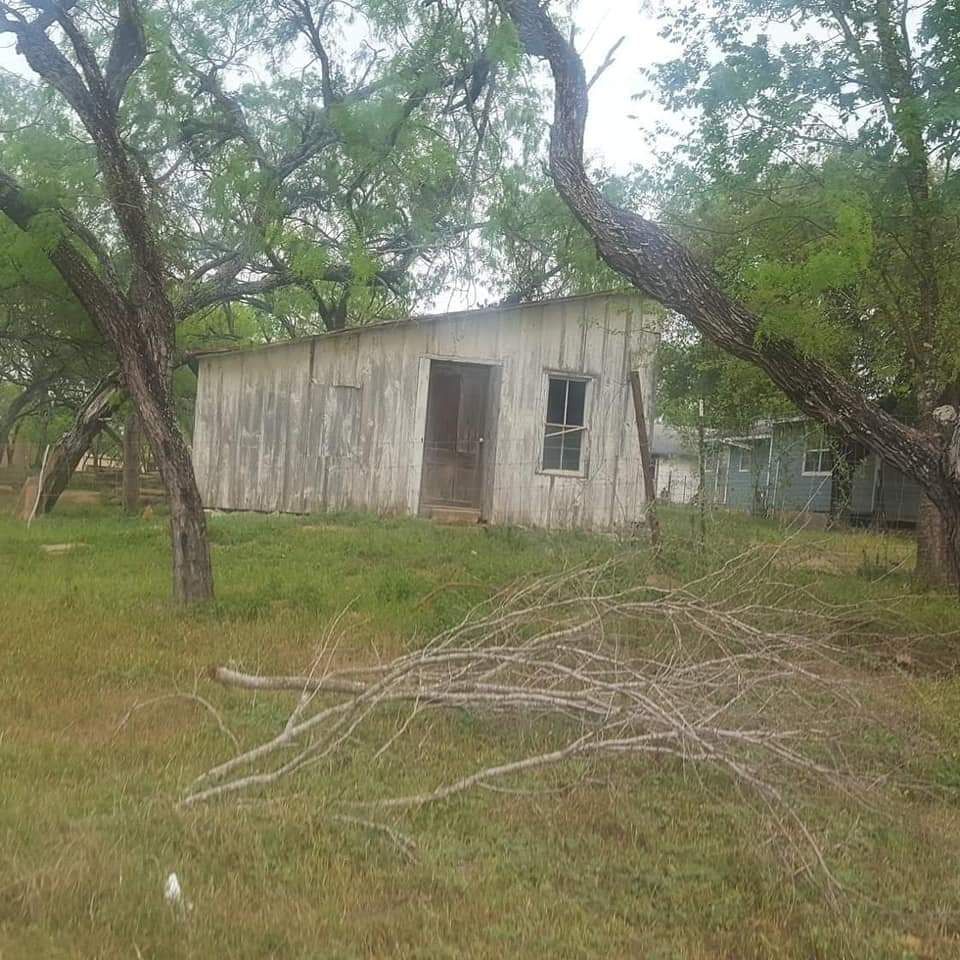A certified copy of a warranty deed filed for record April 21, 1890 and recorded in the book U, page 286, of Wilson County deed records, reads as follows:
"Acknowledged by Samuel Beall of the county of Live Oak, and the state of Texas and formerly of the county of Wilson, same state, That in the month of November 1865, he sold (200) acres in the county of Wilson state of Texas, for the sum of (400) hundred dollars to Charles Winkler, who since had lost the original deed given him." He also declares that this said two hundred acres is the same track of land where the said Charles Winkler resides and is out of the one corner of a tract of land owned by him. Said tract is to be surveyed according to the lines of the
tract commencing at the corner of the tract originally owned by him and to run as to include the improvements of said Winkler." And, "I hereby agree that the lines of his tract may be run by the county surveyor of Wilson County at any
time."
This was signed by Samuel Beall before Live Oak County District Clerk, M. W. C. Frazier and dated April 21, 1890, with the county Clerk's certified certificate attached. This instrument shows as recorded in Book W, No. 1, page 516 Bexar County deed records. The house spoken of as Charles Winkler's improvements in the above warranty deed is a picket house that was originally of two rooms and a dog run. It was built by Charles Winkler as his home in 1866 or 1867.
It was built of post oak pickets and chinked with straw and clay and then, as of that time, hand plastered over with a plaster made of burnt shell lime and clay. The house rests on oak sleepers and the ceiling joists are still all mostly the original ones of oak logs...Some re-enforcements of
milled material has been used as repairs down through the years, and the original wide plank flooring, installed some years after the house had begun "it's life" with the usual packed earth floors, has been covered with a narrower pine flooring.
At the front of the house, two shed rooms of wood (lumber) were added at a later date, as was a long, low shed room at the back of the house to accommodate the growing family of John Winkler, who had purchased the home and one hundred acres from his father on March 5th, seven or eight months prior to his marriage on November 22nd, 1881, to his wife Mary. The house is in excellent repair and owned by granddaughter of the original Charles Winkler....(or Carl, as he was sometimes known) and her husband, Charles Foegelle...The estate having been purchased by them from the other heirs. Mrs. Foegelle was the former Bessie Winkler.
Since the house was built, it has at all times been occupied by a member of the Winkler Family. Mr. and Mrs. Foegelle made the old home their home until their new rock house was completed about one hundred and fifty feet in front and to the south of the old picket house. In this Picket house, John and Mary Winkler reared a large family of boys and girls. The original Charles and Caroline Winkler came to this locality soon after the thirteen original families had arrived in 1855 at St. Hedwig and the surrounding countryside. Father Edward J. Dworazyk says in his book, "The First Polish Colonies of America In Texas", that this was the second Polish immigration coming to Texas. The first Polish Colony settling at what they named Panna Maria, (Virgin Mary) the year before, at about Christmas time.
St. Hedwig Colony was a sturdy substantial people who farmed and in those days grew mostly corn. They grazed their cattle on common land, losing many of them to cattle rustlers. After the Civil war, freed black slaves came in near the Polish colony and formed a Black colony, each owning a few acres. There were several of these black colonies in what was by this time, Wilson County.
Those freed blacks taught the thrifty Polish farmers (Father Dworaczyk says in his book) how to grow cotton and this created their first cash crops.
The John Winkler family operated a small mercantile store besides their farming and this was located on the corner of their farm at the fork of two roads. One, the main wagon road, led from this vicinity to San Antonio. The other, a small lane of a road led on up through the woods to what was and still is known as the Perida Community, in Bexar County.
The Winkler store and property line was not more than some few hundred yards from the Bexar County line in the north wedge of Wilson County and today is known as the Carpenter Community.
********** ********** ******** ********
It is our belief and desire that this old picket home so well preserved, even though not completely original, should bear the Texas State Historical Medallion... Recalling for others the way of life of a people fresh come to a strange land.... – Whose language few of them understood...Who knew nothing of slave labors and as Father Dworaczyk writes, " They banded
together and built their homes of post oak logs or pickets and thatched their roofs with prairie grass".
Approved for State Historical Medallion by the Wilson County Historical Survey Board and Committee on August 13, 1963.
This article was compiled by Gail Wells Shriber (Mrs. Joe Shriber) July 1963. It was contributed by Gene Maeckel, Chairman of the Wilson County Historical Commission, to the Wilson County Historical Society, P.O Box 101, Floresville, Texas 78114.
***************
Historical Moments Wilson County Historical Society
